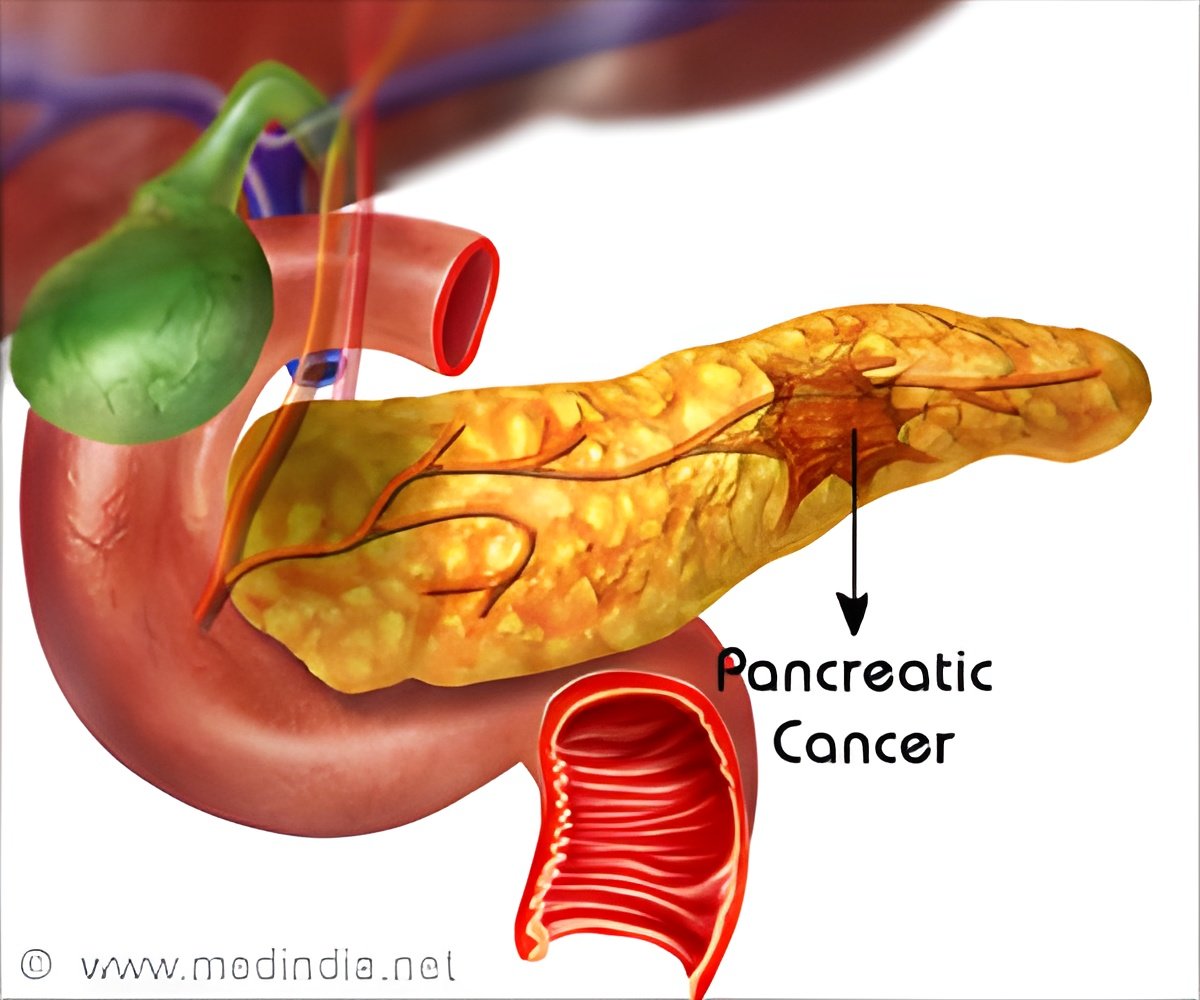An enzyme has been discovered by a team of researchers and it is believed that it is linked to how aggressive pancreatic cancer may be for a patient

It also offers a number of possible future clinical advances, such as a way to gauge outcome in individual patients, and insight into potential therapy to shut down activity of the enzyme, known as Rac1b.
"The implication from our research is that Rac1b is activating unique pathways in pancreatic tumors that make this cancer aggressive. If we can therapeutically target that pathway, we may be able to have an impact on this very difficult-to-treat disease," says the study’s senior investigator, Derek Radisky, Ph.D., a researcher with the Mayo Clinic Cancer Center in Jacksonville, Fla.
A potential drug target would have to be found within the cancer-causing pathways activated by Rac1b, since the enzyme is difficult to target because it is involved in many normal biological processes, Dr. Radisky says. He and his colleagues are now working to uncover how Rac1b ramps up pancreatic cancer progression.
The RAC1 superfamily of proteins - which play important regulatory roles in cell growth and cell movement - have been implicated in other cancers, such as melanoma and non-small cell lung cancer, but before this study, no one knew that one sub-form, Rac1b, played a role in pancreatic cancer.
The research team includes investigators from Mayo Clinic in Florida and Mayo Clinic SPORE in Pancreatic Cancer, one of three cancer centers in the U.S. to receive a Specialized Program of Research Excellence (SPORE) grant for pancreatic cancer from the National Cancer Institute. The Pancreatic Cancer SPORE is specifically committed to reducing the incidence and mortality of pancreatic cancer. The team began their research by investigating why pancreatic cancer cells produce matrix metalloproteinases (MMPs), enzymes that break down the sticky adhesion molecules that keep cells glued together in a tissue, or in a tumor. MMPs allow cancer cells to migrate away from a tumor.
Advertisement
Using a combination of human tissue biopsies, novel transgenic animal models and cell culture studies, the researchers established a link between expression of MMP3 and activation of Rac1b. Then, using Mayo Clinic’s large panel of human pancreatic cancer biopsies, the scientists found that expression levels of Rac1b were significantly associated with the cancer’s prognosis.
Advertisement
"Pancreatic cancer is not uniformly aggressive - some patients have a relatively better outcome. This work allows us to hone in on those patients who don’t do as well, and who would most benefit from more targeted therapies," Dr. Radisky says.
The study was supported by the National Cancer Institute (CA122086, CA154387, R01CA159222 and R01CA136754), and by the Mayo Clinic SPORE in Pancreatic Cancer (P50 CA102701).
Source-Newswise












